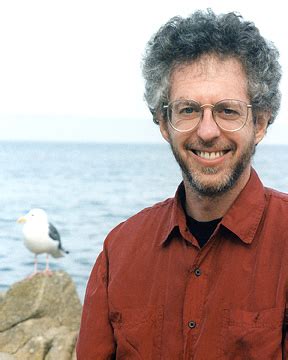A Quote by Stephen Ambrose
There are many rules of good writing, but the best way to find them is to be a good reader.
Related Quotes
Good writing is good writing. In many ways, it’s the audience and their expectations that define a genre. A reader of literary fiction expects the writing to illuminate the human condition, some aspect of our world and our role in it. A reader of genre fiction likes that, too, as long as it doesn’t get in the way of the story.
I don't think you could teach someone to be a genius, but you can certainly teach them to not make rookie mistakes and to look at writing the way a writer looks at writing, and not just the way a reader looks at writing. There are a lot of techniques and skills that can be taught that will be helpful to anybody, no matter how gifted they are, and I think writing programs can be very good for people.
Joyce's writing in Dubliners contains some of the most unshowily beautiful sentences in the English language. I learned from him that if you write a good, clean line of English, you can get under a reader's skin. The reader won't even know why, but there you are. Didion, Berger, the many others I mentioned above, and many, many poets I haven't mentioned. Writers of this calibre are the moving targets the rest of us are always chasing.
You've got to be a good reader. So whatever genre that you're interested in, read a lot of books about it and it's better than any kind of writing class you'll ever take. You will absorb techniques and then in a lot of cases you can just start writing using the style of the book or the author that you admire and then your own style will emerge out of that. Be a diligent reader and then try to write seriously, professionally and approach everything in writing in a professional way.








































